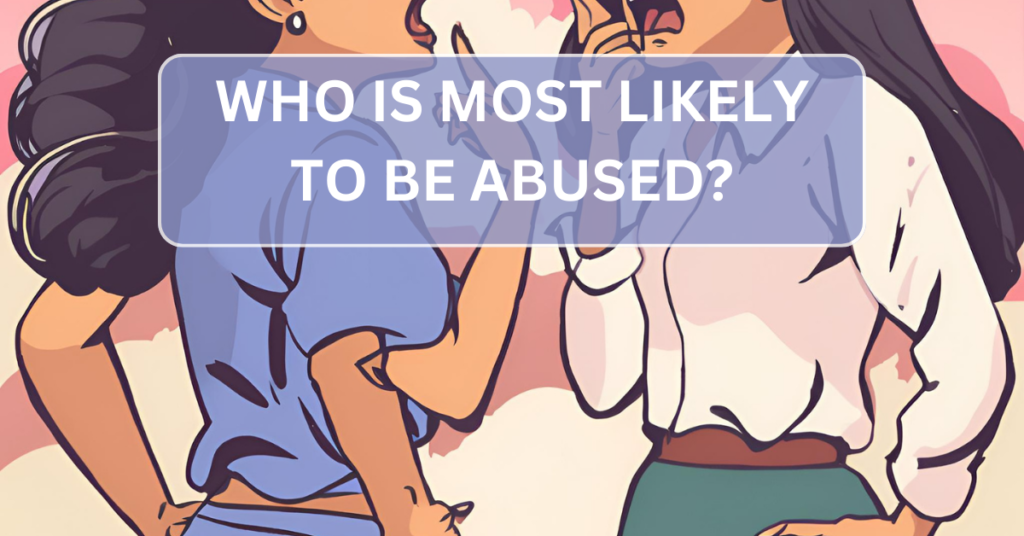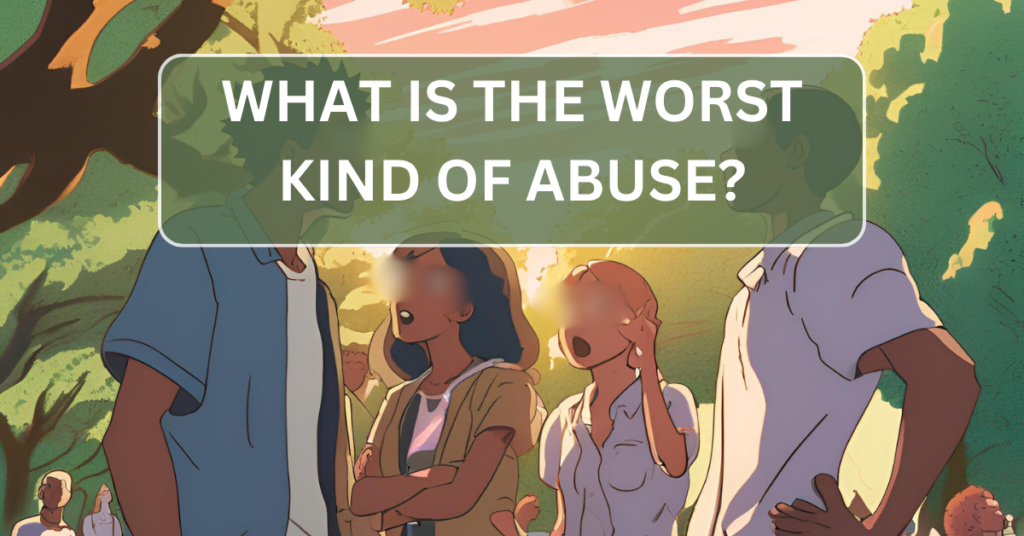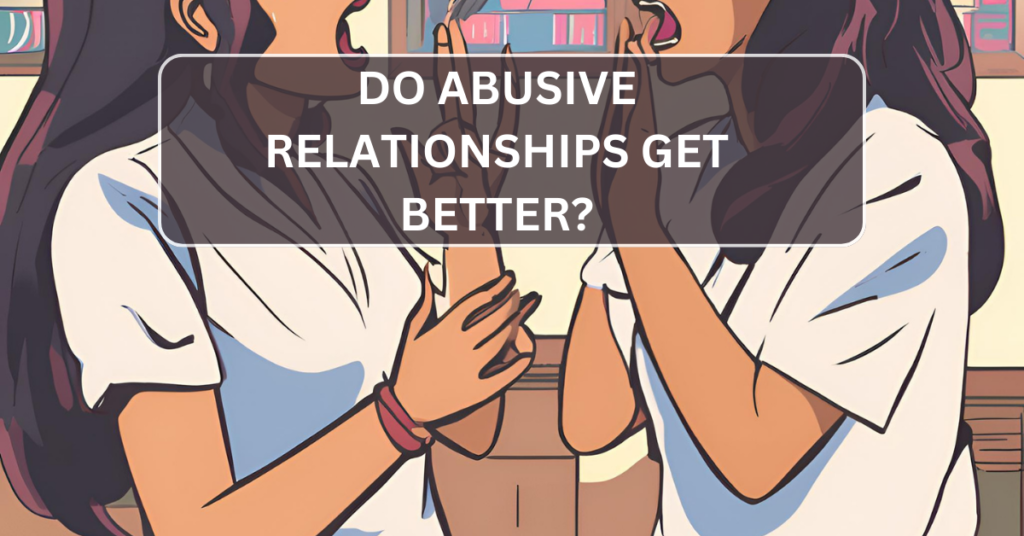
Abuse can happen to anyone, regardless of age, gender, ethnicity, or socioeconomic status. However, certain factors can make individuals more vulnerable to becoming victims. Understanding these risk factors is crucial for raising awareness, offering support, and working toward preventing abuse.
1. Children and Minors
Children are among the most vulnerable to abuse, particularly in environments where they depend on adults for care and protection. Risk factors include:
- Dependency: Young children are physically and emotionally reliant on adults, which can make them easy targets.
- Lack of Awareness: Children often don’t recognize abusive behavior or know how to report it.
- Family Dynamics: Homes with domestic violence, substance abuse, or financial instability increase the likelihood of child abuse.
2. Women
While abuse can affect all genders, women are disproportionately affected by certain types of abuse, especially domestic violence and sexual assault. Risk factors include:
- Cultural Norms: Societies with patriarchal norms may perpetuate gender-based violence.
- Economic Dependence: Financial reliance on a partner can trap women in abusive relationships.
- Isolation: Abusers often isolate victims, making it harder for them to seek help.
>> Put An END to Bullying NOW: Click Here to Learn How <<
3. Elderly Individuals
Elder abuse is an underreported issue that can take many forms, including physical, emotional, and financial abuse. Risk factors include:
- Physical Frailty: Older adults may be unable to defend themselves or communicate effectively.
- Dependence on Caregivers: Those relying on others for daily care are at a higher risk.
- Social Isolation: Lack of social interaction can make abuse easier to hide.
4. People with Disabilities
Individuals with physical, intellectual, or developmental disabilities are particularly vulnerable due to:
- Dependence: Similar to the elderly, they may rely on caregivers for basic needs.
- Communication Barriers: Difficulty in expressing themselves may prevent them from reporting abuse.
- Social Stigma: Societal biases can make it harder for their complaints to be taken seriously.
5. Individuals in Poverty
Poverty can exacerbate vulnerability to abuse due to:
- Financial Dependence: Economic hardship can trap individuals in abusive relationships.
- High-Stress Environments: Financial stress can escalate abusive behaviors in households.
- Limited Resources: Access to shelters, counseling, and legal assistance may be out of reach.
6. Immigrants and Refugees
Immigrants and refugees often face unique challenges that increase their risk of abuse, including:
- Language Barriers: Difficulty communicating may prevent them from seeking help.
- Fear of Deportation: Abusers may use immigration status as leverage.
- Cultural Differences: Lack of familiarity with local laws can make victims feel powerless.
>> Put An END to Bullying NOW: Click Here to Learn How <<
7. Those with a History of Trauma
Individuals who have experienced previous trauma may be more susceptible to future abuse. Reasons include:
- Lowered Self-Esteem: Trauma can impact self-worth, making it harder to recognize abusive behavior.
- Patterns of Abuse: Abusers often target individuals with a history of victimization.
Breaking the Cycle
While these groups may face a higher likelihood of abuse, it’s essential to remember that abuse is never the victim’s fault. Education, community support, and robust legal protections are critical for preventing abuse and supporting survivors.
If you or someone you know is experiencing abuse, reach out to a trusted organization or hotline for help. Together, we can work toward creating safer communities for everyone.


